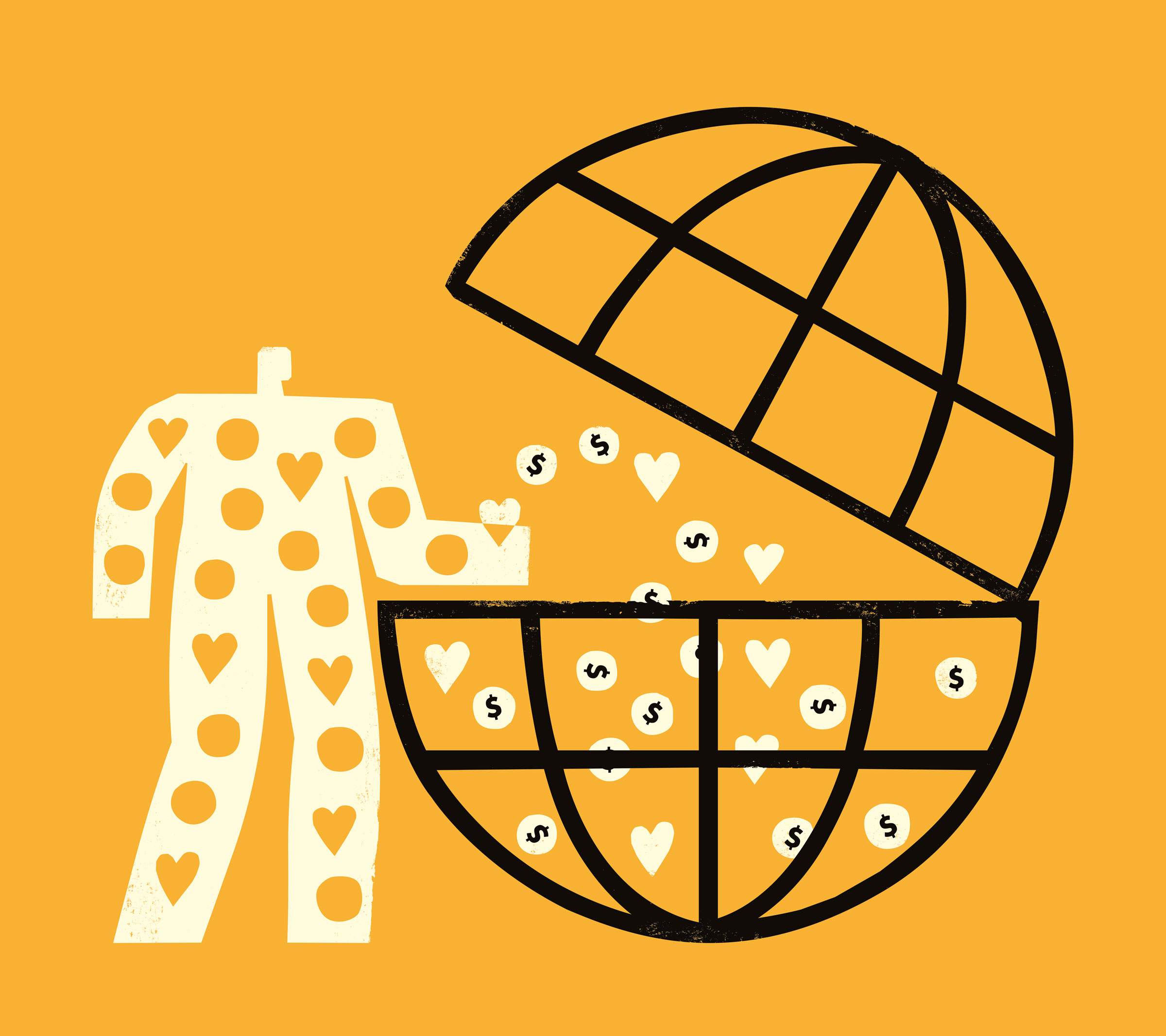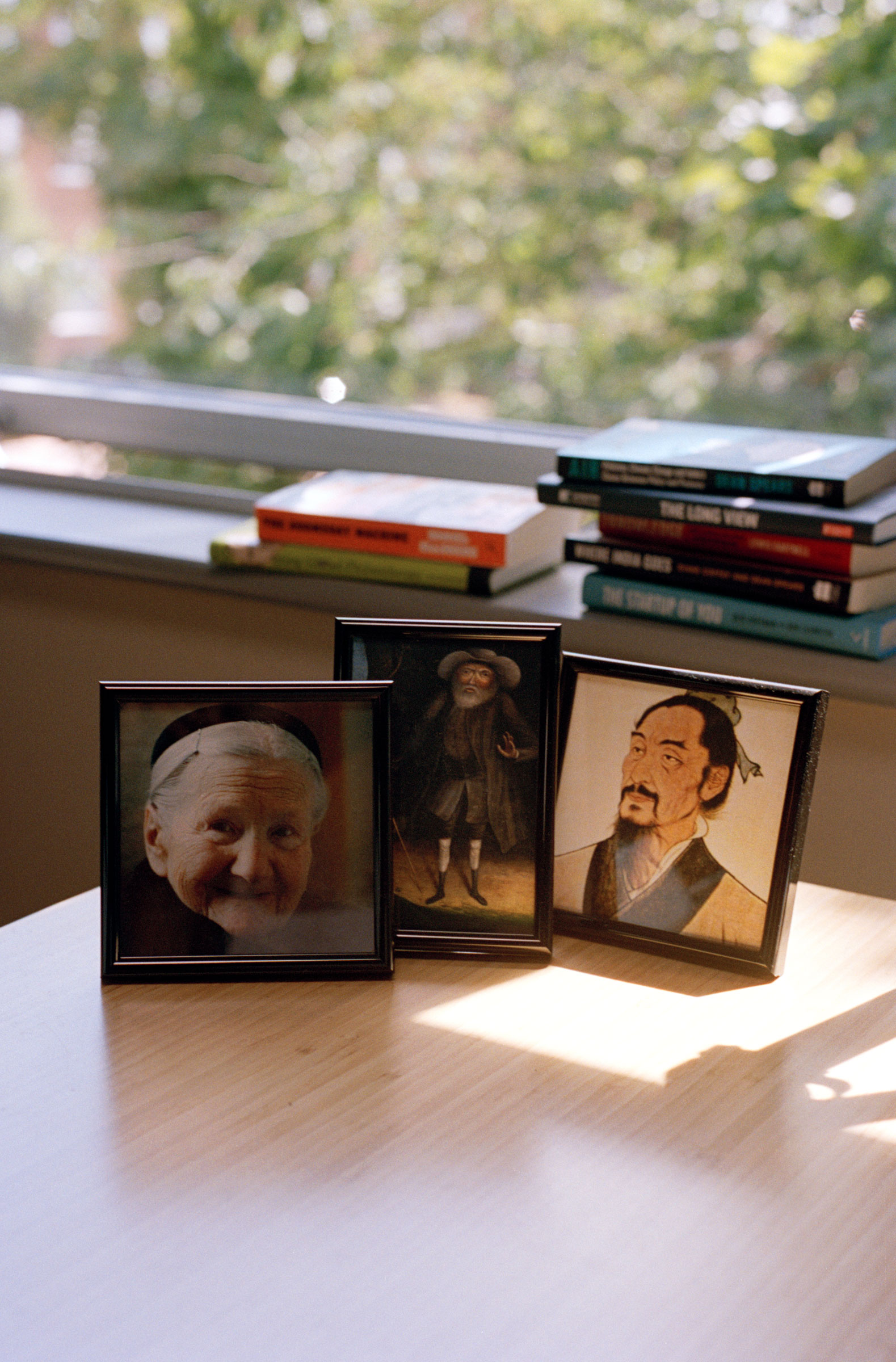Hmmmmmmmmmmmmmmmmmmmmmmmmmmmmmm
Just what is
Q U I E T
Q U I T T I N G
and
ARE WE
Y O U
actually doing it. . .
‘Quiet Quitting’
Is Just Setting Boundaries.
TRUE OR FALSE
Maggie Perkins, a Georgia-based teaching advocate, had been working as a teacher for nearly half a decade before she decided to “quiet quit” her job. The decision didn’t mean she’d leave her position, but rather limit her work to her contract hours. Nothing more, nothing less.
“No matter how much I hustle as a teacher, there isn’t a growth system or recognition incentive,” Perkins told TIME. “If I didn’t quiet quit my teaching job, I would burn out.”
Perkins joins a larger online community of workers who have been sharing their experiences on TikTok, taking a “quiet quitting” mentality—the concept of no longer going above and beyond, and instead doing what their job description requires of them and only that.
The movement comes in the wake of a global pandemic that caused employees to reimagine what work could look like, considering the potentials of extending remote work, not working much on Fridays, or in some cases, amid the Great Resignation, not working at all. Arianna Huffington, founder of the Huffington Post and CEO at Thrive, wrote in a viral LinkedIn post, “Quiet quitting isn’t just about quitting on a job, it’s a step toward quitting on life.”
As “quiet quitters” defend their choice to take a step back from work, company executives and workplace experts argue that although doing less might feel good in the short-term, it could harm your career—and your company—in the long run.
Why companies are worried about quiet quitting
With worries of an economic slowdown swirling, productivity levels are a major concern to company executives. U.S. nonfarm worker productivity in the second quarter has fallen 2.5% since the same period last year, its steepest annual drop since 1948, according to the Bureau of Labor Statistics. Companies are now looking at productivity scales as a metric for excellence, with some going as far as moderating employees’ keyboard activity. Major tech companies like Google are signaling that they are slowing hiring and could lay off staff amid concerns about overall productivity.
Johnny C. Taylor Jr., President and CEO of Society for Human Resource Management, the world’s largest HR society, says remote work has caused severe burnout, Zoom fatigue, and made it harder for some workers to take breaks from home. “I don’t know a company in America that is not sensitized to burnout and the need for employees to step away from the workplace for their mental health.”
Taylor, who, as a CEO himself leads a team of over 500 associates, advocates for his employees taking time off when they’re feeling overworked, but he doesn’t see how embracing quiet quitting will be helpful to employees in the long term. “I understand the concept, but the words are off-putting,” he says. “Anyone who tells their business leader they are a quiet quitter is likely not to have a job for very long.” Gergo Vari, CEO of job board platform Lensa, also believes the decision won’t serve employees long-term either. “Anytime that you silence your own voice in an organization, you may be depriving yourself of the opportunity to change that organization,” says his spokesperson.
Employees acting on their dissatisfaction at work isn’t only potentially affecting their job security. Gallup’s State of the Global Workplace report found that job dissatisfaction is at a staggering all-time high and that unhappy and disengaged workers cost the global economy $7.8 trillion in lost productivity.
The decision to step away from “hustle culture” can cause tension between employees and company executives, and can also cause a rift between fellow colleagues who may have to pick up the slack. “Whether people feel like their coworkers are committed to quality work can affect the performance of the organization and cause friction inside teams and organizations,” says Jim Harter, Chief Scientist for Gallup’s workplace management practice.
The generational divide and the significance of pay
There are potential generational differences between the Boomers and Gen-X executives that have subscribed to the hustle ‘rise and grind’ mentality to climb the corporate ladder, versus younger generations that tend to prioritize a better work-life balance, according to Deloitte’s 2022 Global Gen Z and Millennial Survey. The survey also found that among the top concerns of the Gen-Z and millennial generation is finances, with pay being the number one reason workers in the demographic left their roles in the last two years.
Shini Ko, a millennial software developer, acknowledges that she and many of her colleagues are in the industry for the pay, but she too, prioritizes stepping away from work when necessary. She’s not convinced “quiet quitting” is the best term for setting boundaries. “It’s negative and dangerous that we frame a healthy work life balance as quitting,” says Ko. “Can we just call it what it is? It’s just working.”
When Ko isn’t working her nine-to-five, she runs Bao Bao Farm, a small-scale vegetable farm. She acknowledges that she’s got a different mentality when farming. “Because the farm is my passion there is an intrinsic motivation to do more.”
Gallup’s Harter agrees that passion is a big factor in whether people decide to look for a new job, and how much they’re willing to work for. “Pay is usually interpreted in the context of how you feel about your job. If you’re disengaged, you’ll be willing to look for less.”
‘Loudly persisting’ as an alternative
Vari, CEO of Lensa, has over 200 employees, and has been working hard to not have “quiet quitters” amongst his staff.
Aside from providing his employees remote-work flexibility and on-site perks at the office, he says his workplace lacks quiet quitters because he values employees’ moments of pushback. Making employees comfortable enough to voice their concerns before they get to the stage of “quietly” changing their pace at work is key, according to his spokesperson.
“Employers have to make an effort to enable people to have a say in their own future,” he says. “I want them to stick around, and I’ll stick out my neck to encourage them to do so.”
Vari coins an alternative: ‘loudly persisting,’ the act of employees feeling encouraged enough to vocalize how their organization can better serve their goals. “When you loudly persist you have a sense of belonging and of having a stake in where the company is going.”
Quiet quitters may need a better fit
Career coach Allison Peck never considered herself a “quiet quitter.” In fact, she credits going above and beyond at her job in the medical device industry as the reason she was able to purchase her first home. But that wasn’t always the case—her first job out of graduate school required her to work 14 hour days for 6 days a week, only for her to be laid off a year into it.
“Choose carefully who you go above and beyond for and determine if it’s worth it. Sometimes it pays off, but sometimes it doesn’t,” says Peck. She views “quiet quitting” as a symptom of employees not connecting to their work or managers. Her career advice for quiet quitters is to consider a bolder move.
“Finding a new job, manager, team, or company that better aligns with you altogether can get you out of this quiet quitting mindset,” says Peck. “That can make you want to jump through hoops.”
 SO. . .
SO. . .
ARE YOU A QUIET QUITTER
fearlessly floating away to what you really love
and leaving behind what has always been thought. . . ?
 Uhhhhhhhhhhhhhhhhhhhhhhhhhhhhh
Uhhhhhhhhhhhhhhhhhhhhhhhhhhhhh
it’s probably not one of those questions you have to answer
because most likely
YOU ARE LIVING IT






























